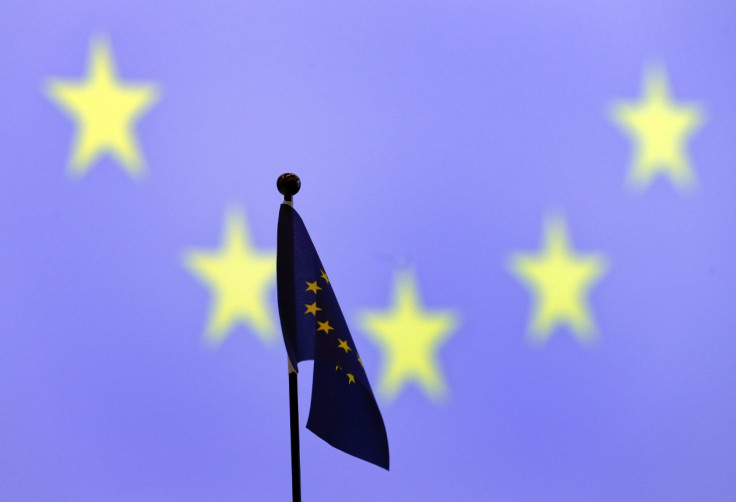Latvia Becomes 18th Member of Eurozone After Years of Austerity

Latvia has become the 18th member of the eurozone following years of austerity and a 25% shrinkage of the country's economy since the financial crisis.
For the ex-Soviet satellite this is another significant step away from Russia towards the West, having joined NATO and the European Union a decade ago.
However, Latvia's acting Prime Minister Valdis Dombrovskis said that while joining the euro was a positive development it was necessary to be cautious and continue to be fiscally disciplined.
"It's not an excuse not to pursue a responsible fiscal and macroeconomic policy," he said in Riga after he symbolically withdrew a euro note out of a cash machine.
The official ceremony took place at the sight of the ex-headquarters of the Parex Banka, which had to be nationalised by the Latvian government in November 2008 as a consequence of the world's financial crisis.
Parex Banka had been the country's second biggest bank by assets but went under just a couple of after Lehman Brothers collapsed in September 2008.
The state-owned part of Parex has been called Citadele since August 2010; the other rump of the bank was rebranded as Reverta.
During 2008-2018, Latvia's economy entered an extremely difficult period as it shrunk by a quarter and the government implemented drastic cuts in public spending to deal with the crisis.
But then the economy grew at the fastest pace within the EU at 5.6% during 2012 and was hailed as a successful example of austerity by champions of the policy in the eurozone.
"Thanks to these efforts ... Latvia will enter the euro area stronger than ever, sending an encouraging message to other countries undergoing a difficult economic adjustment," said European Commission president Jose Manuel Barroso.
However, some remain worried about Latvia's economic stability while support for the euro among Latvians is divided, according to opinion polls.
The European Central Bank has warned that Latvia's banks have a high degree of exposure to foreign deposits from Russia.
Some see this as potentially problematic factor that could create instability and even cause a chain reaction similar to that which occurred in Cyprus, which almost ripped apart the eurozone in 2013.
Latvia is the EU's fourth smallest economy and has a population of two million.
© Copyright IBTimes 2025. All rights reserved.






















